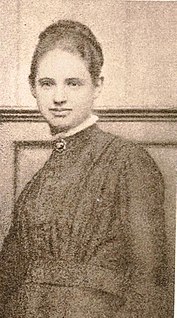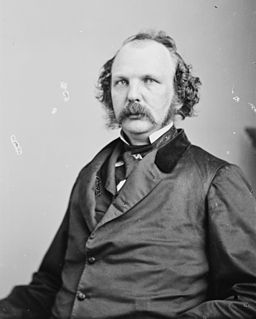A Quote by Benjamin Franklin
I know as well as thee that I am no poet born
It is a trade, I never learnt nor indeed could learn
If I make verses-'tis in spite
Of nature and my stars I write.
Related Quotes
Wouldst thou learn thy Lord's meaning in this thing? Learn it well: Love was His meaning. Who shewed it thee? Love. What shewed He thee? Love. Wherefore shewed it He? For Love. Hold thee therein and thou shalt learn and know more in the same. But thou shalt never know nor learn therein other thing without end. Thus was I learned that Love was our Lord's meaning.
I am not sure, once a poet has found out what has been written already, and how it was written - once, in short, he has learnt his trade - that he should bother with literature at all. Poetry is not like surgery, a technique that can be copied. Every operation the poet performs is unique, and need never be done again.
Seems," madam? Nay, it is; I know not "seems." 'Tis not alone my inky cloak, good mother, Nor customary suits of solemn black, Nor windy suspiration of forced breath, No, nor the fruitful river in the eye, Nor the dejected 'havior of the visage, Together with all forms, moods, shapes of grief, That can denote me truly: these indeed seem, For they are actions that a man might play: But I have that within which passeth show; These but the trappings and the suits of woe.
If a poet has any obligation toward society, it is to write well. Being in the minority, he has no other choice. Failing this duty, he sinks into oblivion. Society, on the other hand, has no obligation toward the poet. A majority by definition, society thinks of itself as having other options than reading verses, no matter how well written. Its failure to do so results in its sinking to that level of locution at which society falls easy prey to a demagogue or a tyrant. This is society's own equivalent of oblivion.
Looking up at the stars, I know quite well That, for all they care, I can go to hell, But on earth indifference is the least We have to dread from man or beast. How should we like it were stars to burn With a passion for us we could not return? If equal affection cannot be, Let the more loving one be me. Admirer as I think I am Of stars that do not give a damn, I cannot, now I see them, say I missed one terribly all day. Were all stars to disappear or die, I should learn to look at an empty sky And feel its total dark sublime, Though this might take me a little time.

































